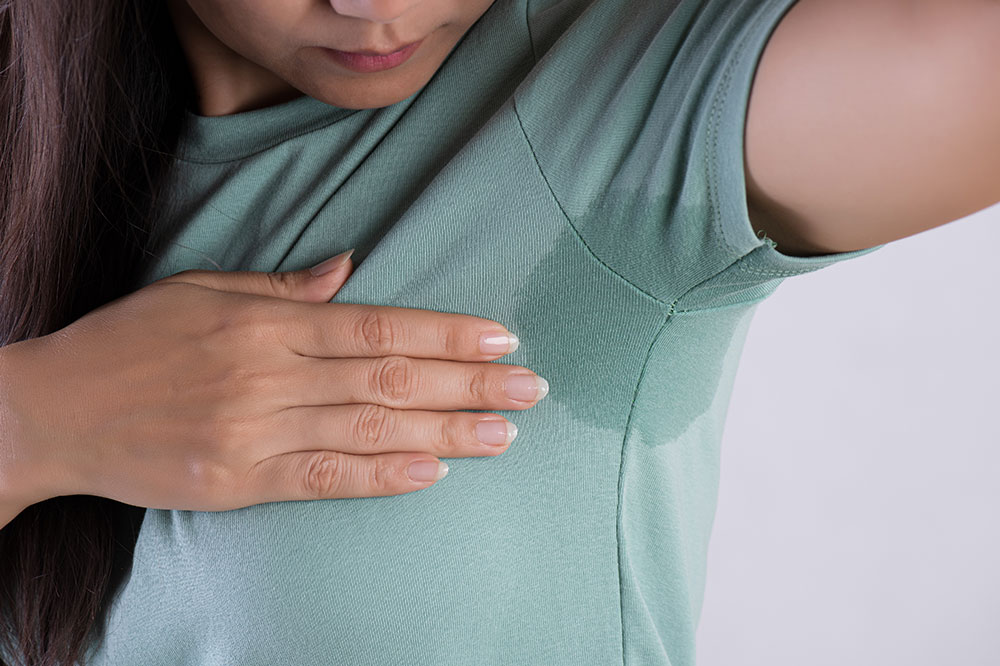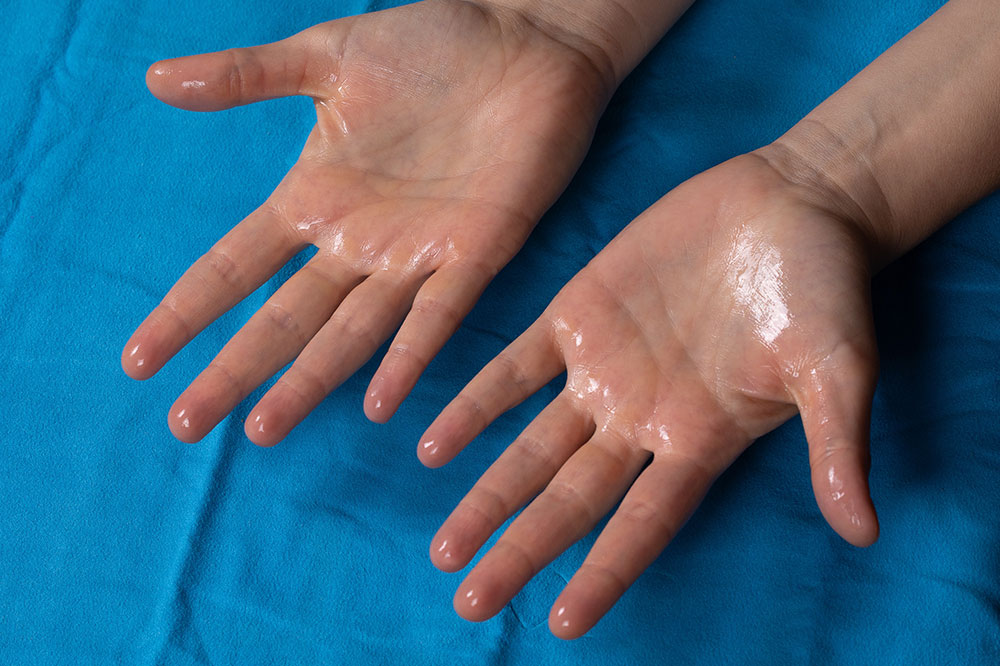Hyperhidrosis Explained: Symptoms, Causes, and Management
Hyperhidrosis is a condition characterized by excessive sweating that can interfere with daily life and affect mental health. Recognizing symptoms like intense perspiration and body odor, alongside underlying causes such as stress, genetics, or health issues, is vital for effective treatment. This article explains the signs, causes, and management strategies for hyperhidrosis to help individuals seek appropriate care and improve their quality of life.

Hyperhidrosis Explained: Symptoms, Causes, and Management
Hyperhidrosis is a medical condition marked by excessive and uncontrollable sweating that exceeds the body's normal temperature regulation needs. This condition can disrupt daily activities and contribute to emotional and psychological difficulties. Understanding the signs and underlying factors is crucial for effective treatment and relief.
Recognizing Symptoms
Common signs include:
Severe sweating
Unusual perspiration that soaks clothes without typical causes, interfering with routine life.
People affected by hyperhidrosis often spend significant time changing clothing, wiping sweat, or using absorbent pads.
Persistent body odor
Continuous sweating can lead to unpleasant smell due to bacteria on the skin.
Skin problems
Excessive perspiration may cause infections, skin wrinkling, discoloration, and dampness—especially on the soles of the feet.
Skin irritation and discomfort
Symptoms such as itching, soreness, and redness frequently accompany hyperhidrosis.
Psychosocial impact
Noticeable sweating can evoke embarrassment, anxiety, and social isolation, sometimes leading to depression.
Root Causes
Overactive sweat glands are at the core of hyperhidrosis. Key factors include:
Psychological triggers
Stress, anxiety, and nervousness can provoke excessive sweating episodes.
Genetic predisposition
Family history plays a role, with many individuals having relatives affected.
Health conditions
Diseases such as diabetes, hormonal disorders, and pituitary problems may increase sweating.
Environmental factors
Hot weather, vigorous exercise, and alcohol consumption can worsen symptoms.
Additional health issues
Heart diseases, certain medications, and respiratory conditions may also cause hyperhidrosis.
Note:
This platform provides health information for educational purposes only. Although research-backed, it should not replace professional medical advice. Patients are advised to consult healthcare providers for diagnosis and treatment options. The site disclaims responsibility for inaccuracies or offers that may be incomplete.


